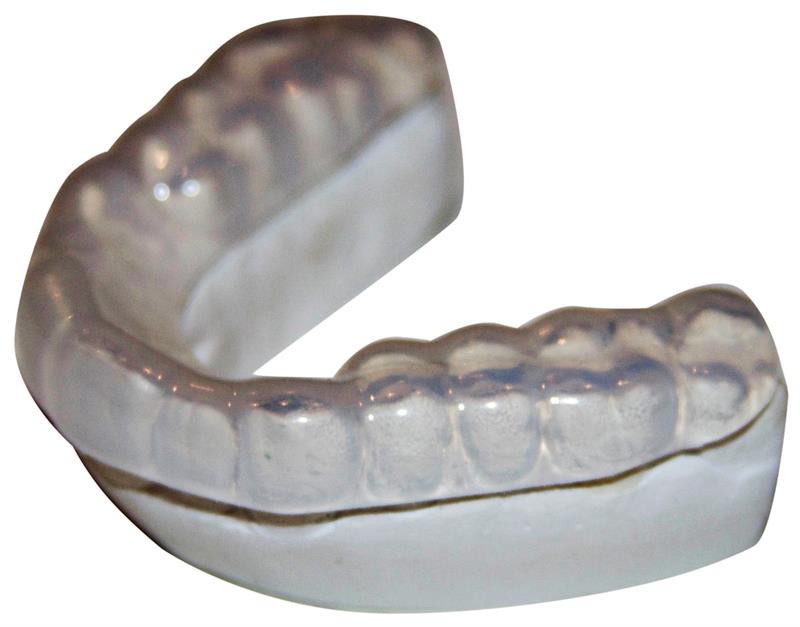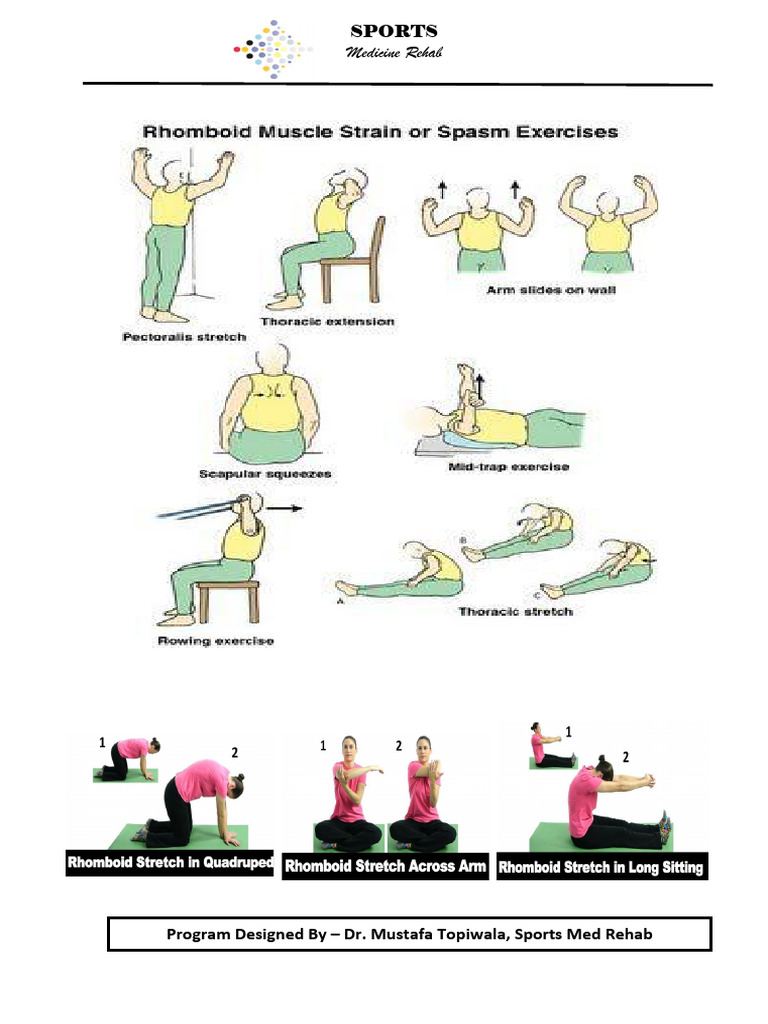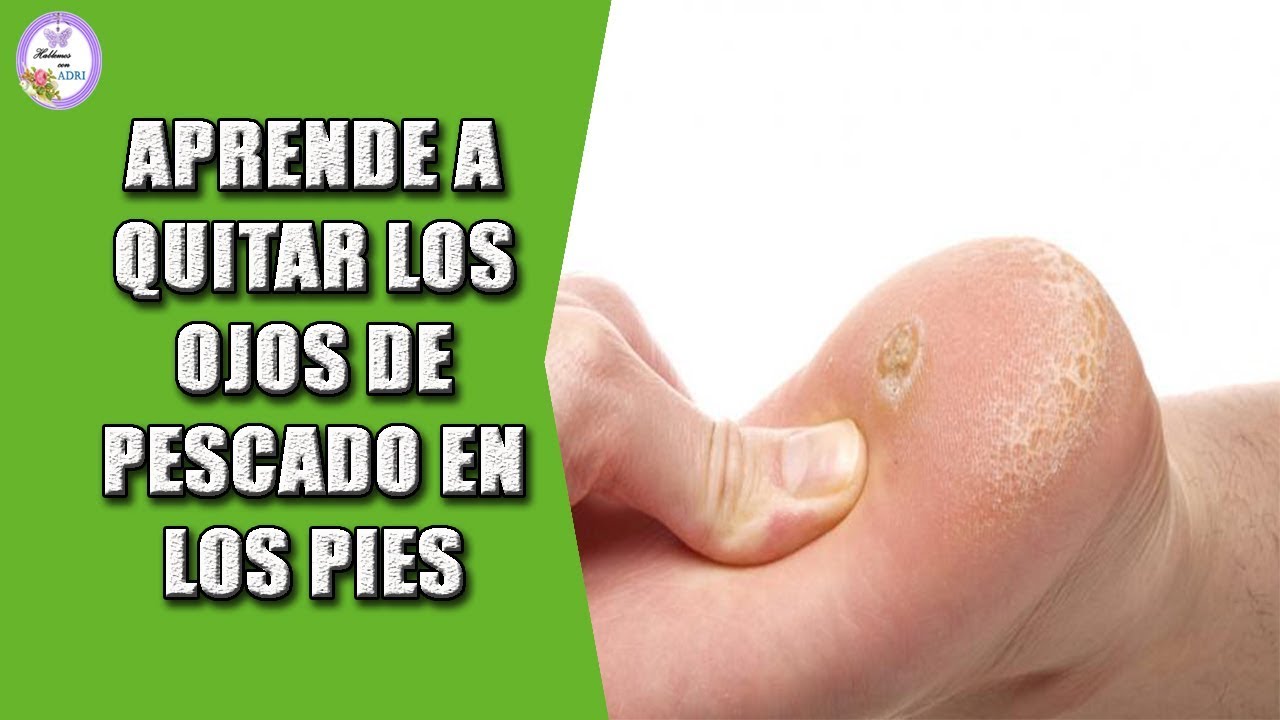How To Stop Grinding? Night Mouth Guard Solutions

The relentless grind of teeth at night, a common phenomenon known as bruxism, affects millions of people worldwide. The constant clenching and grinding can lead to a plethora of issues, including jaw pain, headaches, and even tooth damage. If you’re one of the many individuals seeking a solution to this nagging problem, you’re in luck. In this comprehensive guide, we’ll delve into the world of night mouth guards, exploring their benefits, types, and effectiveness in putting an end to teeth grinding.
Understanding Bruxism: The Unconscious Habit
Before we dive into the solutions, it’s essential to comprehend the underlying causes of bruxism. This involuntary habit can be triggered by various factors, including stress, anxiety, sleep disorders, and even certain medications. During sleep, the brain sends signals to the muscles in the jaw, causing them to contract and relax, resulting in the grinding motion. This unconscious behavior can be challenging to control, making it crucial to find an effective solution to prevent damage to the teeth and surrounding tissues.
The Importance of Night Mouth Guards
Night mouth guards, also known as occlusal guards or bite guards, are custom-made devices designed to be worn over the teeth during sleep. These guards act as a barrier between the upper and lower teeth, preventing them from coming into contact and grinding against each other. By wearing a night mouth guard, individuals can reduce the risk of tooth damage, alleviate jaw pain, and even minimize the occurrence of headaches and migraines.
Types of Night Mouth Guards: Finding the Perfect Fit
The market offers a wide range of night mouth guards, each with its unique features and benefits. The most common types include:
- Soft Night Guards: Made from a soft, flexible material, these guards are comfortable to wear and provide excellent cushioning for the teeth.
- Hard Night Guards: Constructed from a more rigid material, these guards offer superior protection for the teeth and are often recommended for individuals with severe bruxism.
- Dual-Laminate Night Guards: Combining the benefits of soft and hard materials, these guards provide both comfort and protection.
- NTI Night Guards: Specifically designed to cover only the front teeth, these guards are ideal for individuals who experience anterior teeth grinding.
Customization: The Key to Success
While over-the-counter (OTC) night mouth guards are available, custom-made guards are highly recommended. A custom-fit guard ensures that the device is tailored to the individual’s unique dental structure, providing optimal comfort and protection. Dentists can create custom night guards using impressions of the individual’s teeth, ensuring a precise fit and maximum effectiveness.
Additional Solutions: Combating Bruxism from Multiple Angles
While night mouth guards are an effective solution for preventing teeth grinding, they can be used in conjunction with other treatments to address the underlying causes of bruxism. Some of these additional solutions include:
- Stress Management Techniques: Practicing relaxation methods, such as meditation, deep breathing, or yoga, can help reduce stress and anxiety, common triggers of bruxism.
- Physical Therapy: Massage and physical therapy can help alleviate tension in the jaw and surrounding muscles, reducing the likelihood of grinding.
- Dental Corrections: In some cases, dental issues, such as misaligned teeth or a poor bite, can contribute to bruxism. Correcting these issues through orthodontic treatment or dental restorations can help alleviate teeth grinding.
Frequently Asked Questions
What is the best type of night mouth guard for severe bruxism?
+For individuals with severe bruxism, a hard night guard is often recommended. These guards provide superior protection for the teeth and can help reduce the risk of tooth damage.
Can I wear a night mouth guard with dentures or dental implants?
+Yes, night mouth guards can be worn with dentures or dental implants. However, it's essential to consult with a dentist to ensure that the guard is custom-made to accommodate the individual's unique dental structure.
How long does it take to get used to wearing a night mouth guard?
+The adjustment period for wearing a night mouth guard can vary from person to person. On average, it can take a few days to a week to get accustomed to wearing the device. It's essential to be patient and consistent, as the benefits of wearing a night mouth guard far outweigh any initial discomfort.
Conclusion
Teeth grinding, or bruxism, is a common issue that can have significant consequences if left unaddressed. Night mouth guards offer an effective solution, providing a barrier between the teeth and preventing damage. By understanding the types of night mouth guards, customization options, and additional solutions, individuals can take the first step towards a grind-free life. Remember, a custom-fit night mouth guard, combined with stress management techniques and dental corrections, can help alleviate the symptoms of bruxism, promoting a healthier, happier smile.

